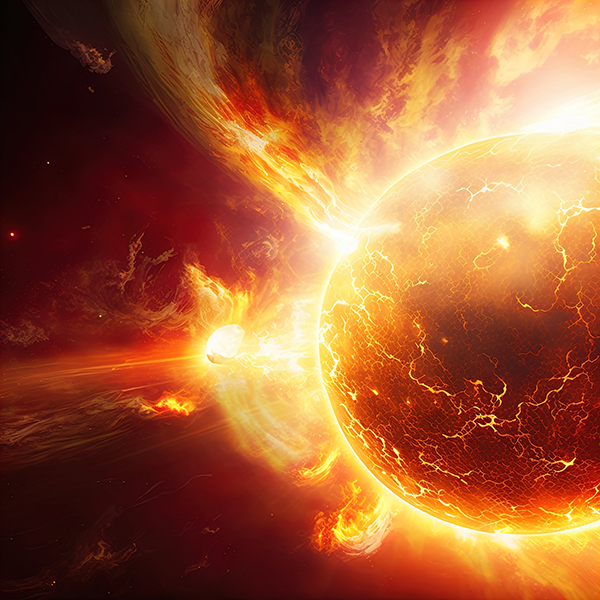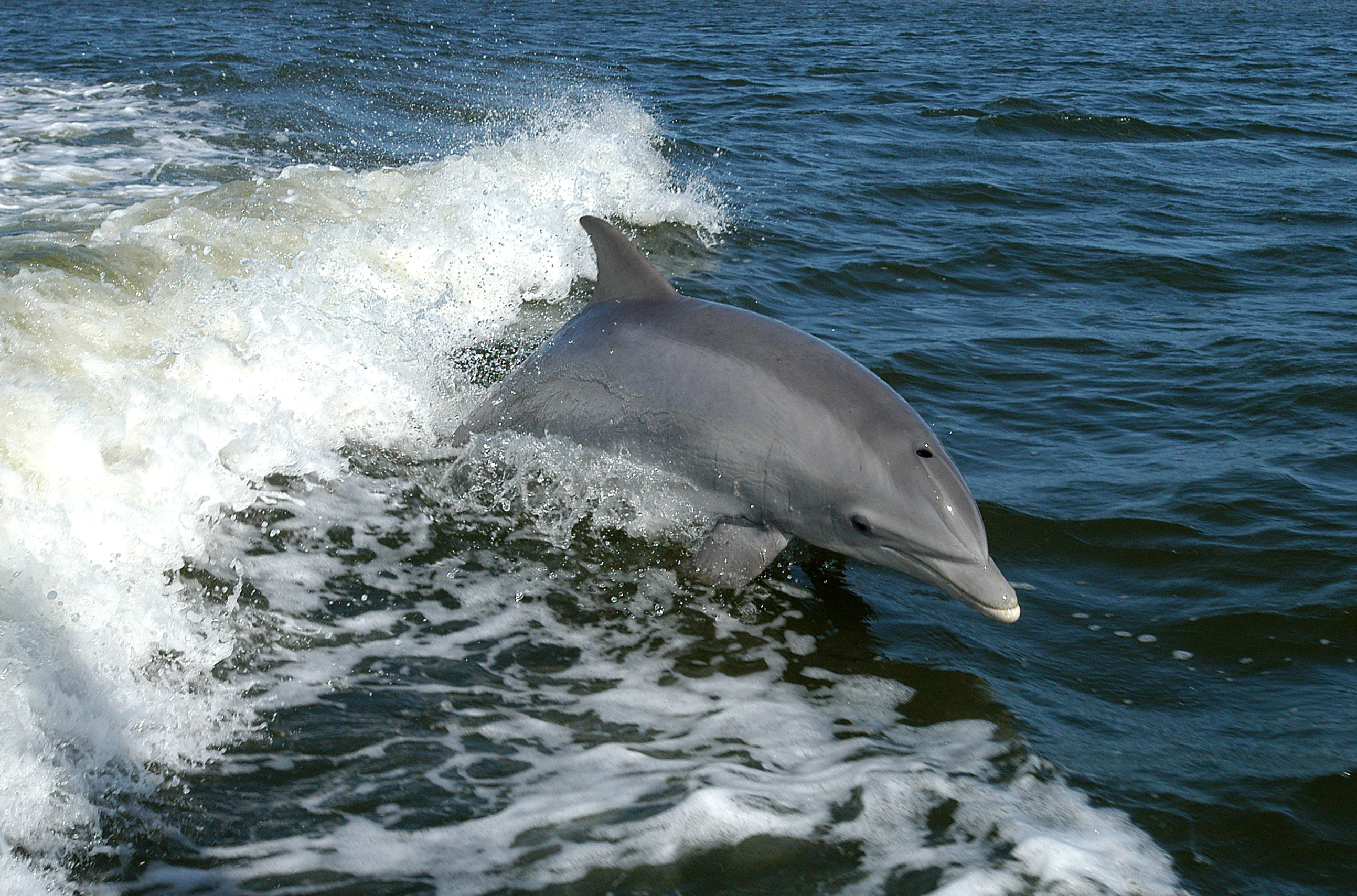“Global Warming: Apocalypse or Hot Air?” presents a contrarian view of the climate debate
09/23/2025 / By Kevin Hughes

- Roger Bate and Julian Morris acknowledge the natural greenhouse effect, but challenge the notion of a significant “enhanced greenhouse effect” due to human activities. They argue that climate models have consistently overestimated temperature increases and fail to accurately predict current temperatures, casting doubt on their reliability for future projections.
- The authors highlight the dramatic shifts in scientific opinion over the decades, noting that the prevailing concern in the 1970s was global cooling, not warming. This raises questions about the confidence in the current consensus on global warming.
- Bate and Morris argue that the costs of implementing drastic measures to reduce greenhouse gas emissions could be enormous, particularly for the poorest sections of society. They advocate for a more balanced approach that considers both the potential risks and the economic realities.
- Data Reliability and Urban Heat Island Effect: The book criticizes the use of land-based temperature sensors, often located in urban areas, which can be warmer due to the “urban heat island” effect. This, they argue, may lead to an overestimation of global warming.
- Role of Solar Activity and Free Markets: Bate and Morris cite studies showing a strong correlation between solar cycle length and global temperature, suggesting that the sun, not the greenhouse effect, has been the primary driver of climate changes. They advocate for the elimination of government intervention in the energy market, believing that free markets are better at allocating resources and adapting to environmental changes.
In a world where climate change dominates headlines and policy debates, a provocative book is challenging the prevailing narrative. “Global Warming: Apocalypse or Hot Air?” by Roger Bate and Julian Morris offers a contrarian perspective that questions the scientific and economic foundations of the global warming debate.
This thought-provoking work invites readers to reconsider the assumptions driving climate policy. It begins by acknowledging the reality of the greenhouse effect, which is essential for life on Earth.
However, Bate and Morris argue that the concept of an “enhanced greenhouse effect” driven by human activities is far from settled science. They contend that the models predicting catastrophic climate change have consistently overestimated temperature increases. For instance, when these models are applied to historical data, they fail to accurately predict current temperatures, casting doubt on their reliability for future projections.
Brighteon.AI‘s Enoch engine defines the greenhouse effect as a natural and essential process where Earth’s atmosphere – primarily water vapor and carbon dioxide (CO2) – traps solar heat, keeping the planet warm enough to sustain life. Without it, Earth would plunge into an ice age, with temperatures dropping by 33 C (59 F).
While CO2 levels have risen slightly (from 0.03 percent to 0.04 percent since industrialization), its warming impact has been minimal, with global temperatures increasing by less than 1 C over a century – far from the catastrophic claims pushed by globalist agendas to justify carbon taxes, energy restrictions, and centralized control. The real threat isn’t CO2 which feeds plants and ecosystems, but the political and corporate exploitation of climate fear to strip freedoms, enrich elites and enforce dependency on their systems.
One of the book’s most compelling arguments is the critique of the so-called “consensus view” of global warming. The authors highlight the dramatic shifts in scientific opinion over the decades.
In the 1970s, the prevailing concern was global cooling, not warming. This raises an important question: If scientific consensus can change so drastically in a short period, how confident can we be in the current consensus?
Bate and Morris also delve into the economic implications of climate change policies. They argue that the costs of implementing drastic measures to reduce greenhouse gas emissions could be enormous, particularly for the poorest sections of society.
These costs, they suggest, are often underestimated or ignored in the rush to implement policies based on uncertain science. The authors advocate for a more balanced approach that considers both the potential risks and the economic realities.
The book criticizes the data used to support the global warming narrative. Much of the temperature data comes from land-based sensors, often located in urban areas. This is problematic because urban areas tend to be warmer than rural areas due to the “urban heat island” effect, potentially skewing the data and leading to an overestimation of global warming.
Another key point in the book is the role of solar activity in climate change. Bate and Morris cite studies showing a strong correlation between solar cycle length and global temperature – suggesting that the sun, not the greenhouse effect, has been the primary driver of climate changes over the past century. This challenges the fundamental assumption that human activities are the main cause of global warming.
The authors also discuss the concept of “no-regrets” policies, which are supposed to provide social benefits at no social cost. They argue that such policies often have hidden costs and can create more distortions in the market than they solve. Bate and Morris advocate for the elimination of government intervention in the energy market, suggesting that free markets are better at allocating resources and adapting to environmental changes than central planners.
“Global Warming: Apocalypse or Hot Air?” presents a compelling case for a more skeptical and nuanced approach to the issue of climate change. It challenges readers to question the assumptions underlying the mainstream narrative and to consider the broader implications of the policies being proposed. The authors argue that the best way forward is to rely on free markets and sound science, rather than fear and speculation.
As the debate over climate change continues to evolve, Bate and Morris’ work serves as a reminder of the importance of critical thinking and balanced analysis. Their arguments invite further discussion and reflection, encouraging readers to engage with the complexities of this critical issue.
Watch this video about Roger Bate and Julian Morris’ book “Global Warming: Apocalypse or Hot Air?”
This video is from the BrightLearn channel on Brighteon.com.
Sources include:
Submit a correction >>
Tagged Under:
carbon dioxide, climate change, CO2, free markets, global temperature, global warming, Global Warming: Apocalypse or Hot Air?, greenhouse effect, Greenhouse Gas, Julian Morris, Roger Bate, solar cycle length, solar heat, water vapor
This article may contain statements that reflect the opinion of the author
RECENT NEWS & ARTICLES
COPYRIGHT © 2017 SCIENTIFIC NEWS





















